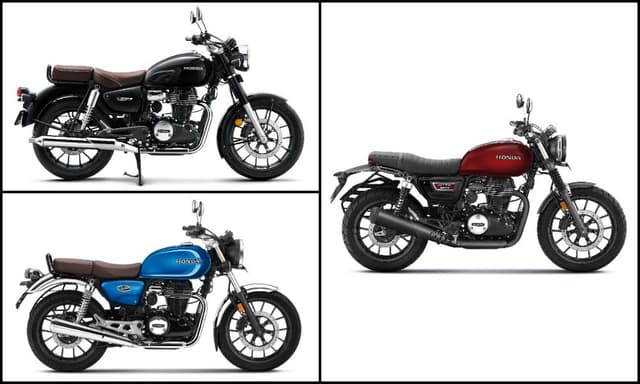VW Emission Scandal: Diesel Engine Fixes 'Manageable', Says CEO

Highlights
Volkswagen believes that the remedial measures needed to fix about 8.5 million Volkswagen cars in Europe which are fitted with illegal emissions-control software are technically and financially manageable.
In the wake of Volkswagen's diesel engine emissions scandal, the German carmaker's CEO, Matthias Mueller, said in a speech to managers at the company's Wolfsburg base in Germany: "The efforts (needed) to carry out the refits are technically, mechanically and financially manageable. This is a good development."
VW has set aside 6.7 billion euros to help cover the costs of the diesel recalls and another 2 billion for compensation payments related to its manipulations of carbon dioxide emission levels. However, analysts say the costs of fines, lawsuits and vehicle refits could top 40 billion euros ($42 billion).
Read More: The Volkswagen Scandal Will Hurt The Auto Industry More Than You Think
Europe's largest automaker has the approval of German authorities for fixes for more than 90 per cent of the affected cars, which include models with 2-litre and 1.6-litre diesel engines, while the technical solutions for 1.2-litre vehicles will be presented later.
Read More: Volkswagen to Start Recalling Vehicles Affected by Scandal in 2016
The CEO also warned that clearing up the emissions scandal would take several months. "Investigations are running at full speed. To avoid raising false expectations, we are talking about very complex processes which in part date back a long time," he added.
Read More: Volkswagen May Recall 1 Lakh Cars In India
Meanwhile, in the US, the Environmental Protection Agency (EPA) and California air regulators (California Air Resources Board or CARB) received proposals from Volkswagen to address emissions violations with the company's 2.0-litre diesel vehicles. Details about the fix were not released.
The EPA and the California Air Resources Board (CARB) had played an instrumental role in documenting the violations when the emission irregularities were first discovered.
Read More: Cheating Software Also Affects VW Group's 3.0-Litre TDI Engine, Claims EPA
VW faces three generations of cars that are problematic. The older cars - known as Gen I - will be the hardest to fix, as they lack Selective Catalytic Reduction devices. Retrofits are often difficult and expensive for automakers. Gen 2 models may need additional hardware as well as software alterations, while Gen 3 car may require just software fixes.
"We need to be sure that VW develops an effective fix for each of the three engine types in their cars, since each engine type (Gen 1, 2 and 3) uses different technologies to control pollution," CARB said on its website. "It is crucial that whatever action VW takes to fix these cars also protects the consumer. That means the fix will need to consider safety, drivability, fuel economy and the durability of the engine itself and the emission-control technologies."
Beyond developing an effective fix for each of the three types of non-compliant 4-cylinder engines, VW must document any adverse impacts on vehicles and consumers. The proposed remedies - whether that's retrofitting cars with new parts or revising software codes - will also need to be tested by California technicians before the plan is rolled out to consumers.
Also Read: Volkswagen to Drop 'Das Auto' Slogan
VW has offered $1,000 worth of gift cards in the US, half of which is to be spent at dealerships, to owners of cars with engines that pollute more than the law allows. The company says that this would also help to in identifying the affected vehicles as it prepares to fix them.
Last Updated on November 25, 2015



















